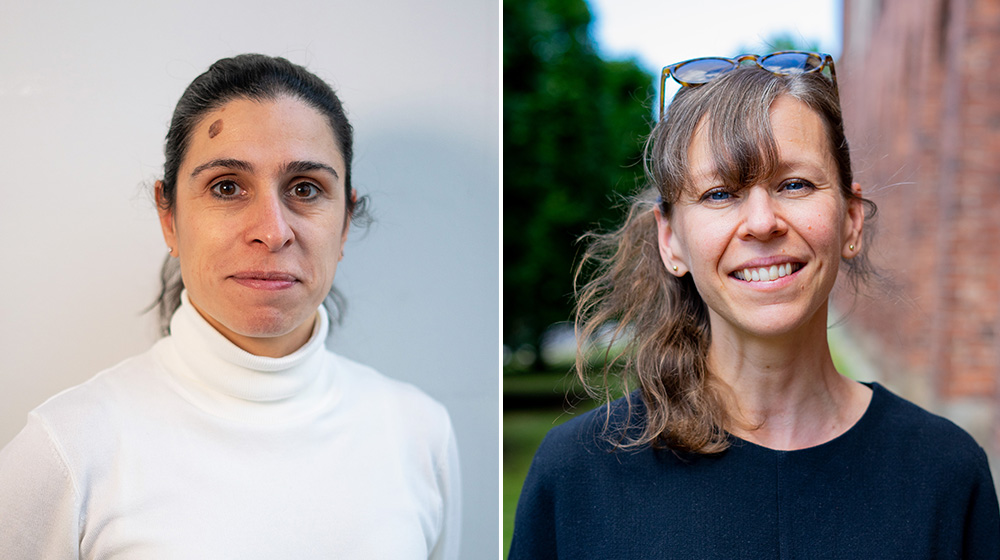Two CBH projects receives funding from NordForsk

NordForsk has decided to fund ten research projects on the green transition in the Nordic and Baltic States. Two of the projects involves KTH and the CBH School: COLDREFINERY and AGRIWASTE2H2. Both projects will be associated with the KTH Food platform.
COLDREFINERY
The project aims to develop a cold-adaptative biorefinery concept to recover biogas, volatile fatty acids (VFAs) and nutrients from wastes from food systems – in a sustainable, carbon-neutral and energy-efficient manner.
In this project, KTH will be responsible for production of biogas and volatile fatty acids under cold temperatures from food system based wastes. Other partners will focus on recovery of phosphorus and nitrogen, decision support system by integrating process models, data, and artificial intelligence techniques to create a digital twin as well as a user-friendly software prototype for stakeholders to monitor and control process while exploring potential business models to facilitate the full-scale implementation of a cold-adapted biorefinery concept in the food systems.
The project will design an integrated bio-based production system as an energy-efficient and sustainable alternative for the food system, in order to ensure a smooth transition to a sustainable society in the Nordic and Baltic regions as well as the rest of the world.
“It was great news last week when we received the decision. It will carry on the research of my team to the next and challenging point. I believe the output of the COLDREFINERY project will help create a new way to resource recovery and biorefinery concept in cold-climates,” says Zeynep Cetecioglu Gurol .
AGRIWASTE2H2
The project will targets the production of green hydrogen and organic platform chemicals from agricultural residue with a particular focus on cellulose-derived streams, using electricity as chemical driving force. Helena Lundberg’s lab will be in charge of the synthetic optimization towards organic products, whereas the other partners will develop new electrode materials and continuous flow processes to enable scaling of the method ahead.
“We're quite excited to start this project on electrochemical valorization of agricultural waste streams. In practice, the grant means that three PhD students can be hired, one for each project partner, to work towards our joint goal,” says Helena Lundberg .
Text: Jon Lindhe
